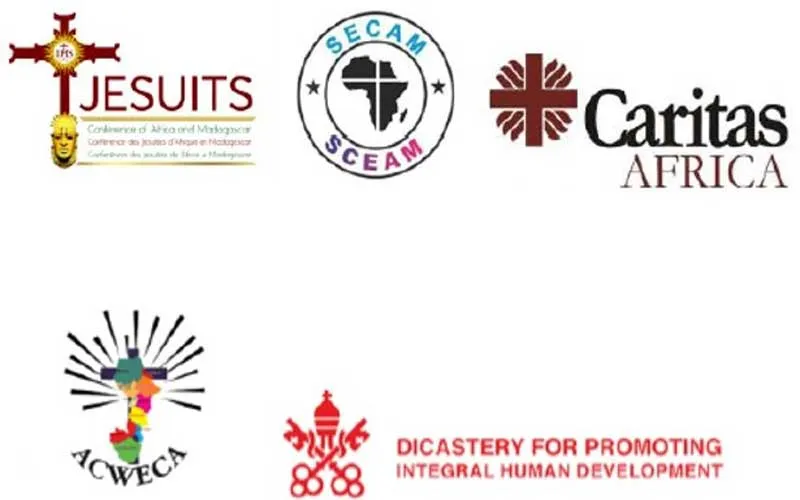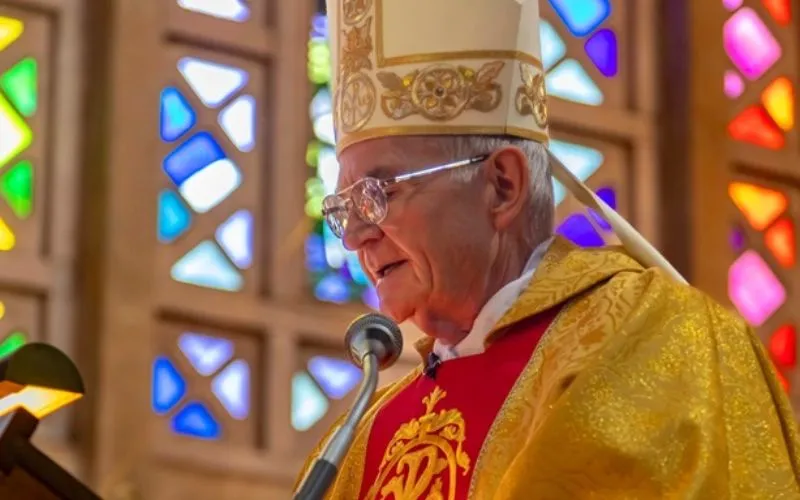She explains, “Imagine the number of schools that can be built each year or the desks that can be bought to allow students to learn comfortably instead of sitting under trees. Imagine the number of health centers that can be built or improved to allow women to walk fewer kilometers to reach them."
"It is certainly an ethical issue, but it is much more than that," the Director of JCAM's Justice and Ecology office, Fr. Charlie Chilufya has been quoted as saying, in reference to debt relief, adding, “the permanence of the pandemic in the peripheries of the globe, for lack of means, puts everyone's health at risk."
The Zambian-born Kenya-based JCAM official however acknowledges the upside of the COVID-19 pandemic saying, “This crisis, which is so violent, is also providing many opportunities for collaboration that have never been seen before: people, like us today, are coming together to find a solution to promote life in the world.”
“The urgency of debt cancellation requires that we work steadfastly and continue this dialogue. In doing so, we will raise both awareness and commitment to a new level, not only in Africa, but in all regions where the burden of unjust debt is felt,” Fr. Dominic Chai, a Jesuit economist for the Vatican COVID-19 Commission noted.
On his part, Cardinal Turkson underscored the need for “developing a system of checks and controls so that the resources freed up for the benefit of the continent go where they are actually needed to grow and improve the conditions of peoples and people."
(Story continues below)
"With adequate control mechanisms, it can be guaranteed that the money forgiven is spent to promote health and education, to guarantee that integral human development to which all men and women, as Pope Francis often reminds us, have a right," the Cardinal emphasized during the April 7 launch, which he presided over.
The Vatican's support for a debt relief campaign for countries in Africa follows similar calls by various Christian entities.
In July 2020, the Holy See through its Permanent Observer to the United Nations in Geneva, Archbishop Ivan Jurkovič, urged countries to help relieve the “crippling external debt burdens” of developing countries struggling in the coronavirus pandemic.
“There is no doubt that the current COVID-19 crisis will more severely affect the lives and livelihoods of those in the developing world,” Archbishop Jurkovič told the UN trade and development board on 2 July 2020.
Two months later, the leadership of All Africa Conference of Churches (AACC), an ecumenical fellowship with a presence in more than 40 African nations, urged its members to put their governments to task in addressing the growing debt crisis in their respective countries, which they said has plunged African nations in a new form of slavery and taken away their sovereignty.
On their part, Catholic Church leaders in Africa joined more than 140 other Christian groups’ representatives from across the world who were calling on the International Monetary Fund (IMF) and the World Bank to cancel developing nations’ debts amid COVID-19 challenges.
Meanwhile, last November, the leadership of the Jesuit Centre for Theological Reflection (JCTR) encouraged the push for debt relief after Zambia’s external creditors denied the appeal by the Edgar Lungu-government for the suspension of the repayments of the Eurobonds for six months.
In late February, the leadership of an international alliance of Catholics development agencies in Europe and North America, the International Cooperation for Development Solidarity (CIDSE), called “for debt cancellation and financial support to poorest countries” that have borne the brunt of the COVID-19 pandemic.








